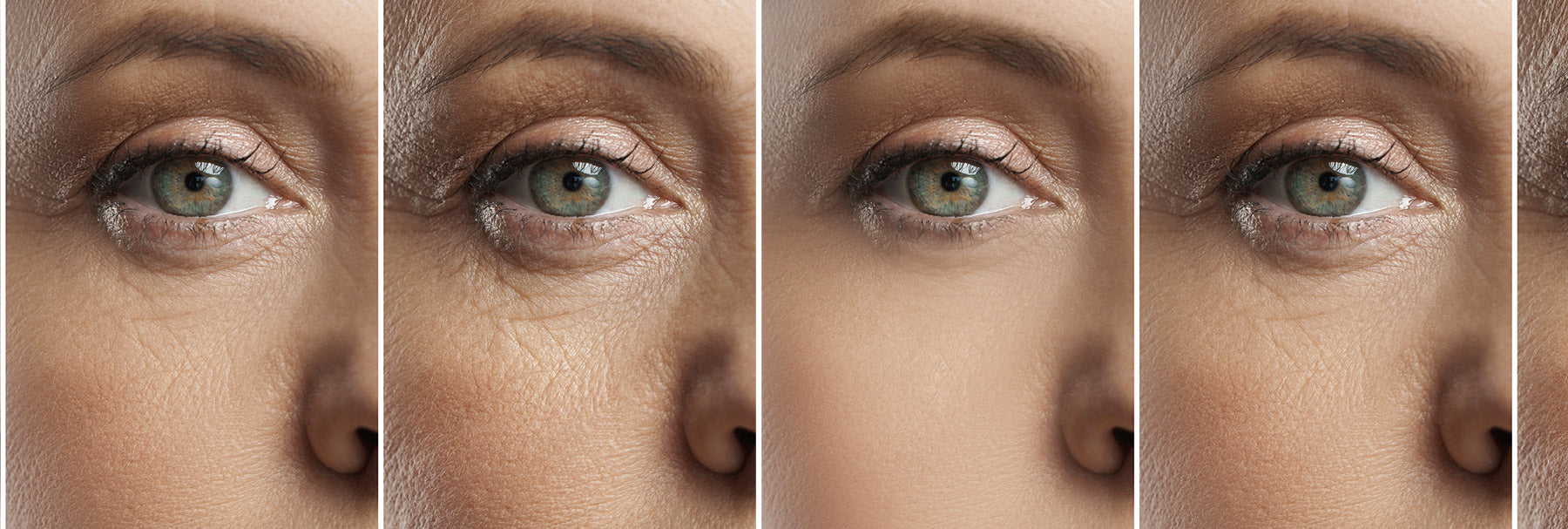For centuries, the pursuit of the mythical Fountain of Youth has fascinated humanity — a quest for eternal youth and health. Today, instead of searching for mythical waters, scientists delve into the potential of various nutrients to extend health-span and possibly reverse the signs of aging. Among these, vitamin D, popularly known as the "sunshine vitamin," stands out due to its extensive role in human health and emerging research suggesting its potential anti-aging effects.
Vitamin D is synthesized by the body when exposed to sunlight, earning it its sunny nickname. It is renowned for its critical role in bone health and calcium absorption and is a pivotal player in maintaining a robust immune system. However, recent scholarly work, including a comprehensive review published in the *Nutrients* journal, posits that vitamin D might also influence the fundamental biological processes of aging, known as the "hallmarks of aging."

These hallmarks include genetic stability, telomere length maintenance, and epigenetic changes, which collectively contribute to the aging process. Vitamin D's possible impact on these processes begins at the cellular level, where it might help maintain the integrity of our DNA. Over time, DNA can suffer damage from various sources like UV radiation, oxidative stress, and environmental toxins, leading to mutations and health deterioration associated with aging. Some studies suggest that vitamin D assists in DNA repair mechanisms and protects cells from oxidative damage.
Another intriguing aspect of vitamin D's potential involves telomeres — the protective caps at the end of chromosomes that shorten with each cell division, a process closely linked to aging. Observational studies have indicated a correlation between higher vitamin D levels and longer telomere length, suggesting that vitamin D may help slow the aging process at a cellular level.

Moreover, vitamin D may play a role in epigenetic regulation, which involves changes to DNA expression that do not alter the DNA sequence itself. These changes can affect aging and age-related diseases. Research indicates that vitamin D can influence these epigenetic patterns, potentially leading to healthier aging.
Chronic inflammation, another hallmark of aging, could also be mitigated by vitamin D. As the body ages, it tends to produce more pro-inflammatory molecules, which can lead to various age-related diseases. Vitamin D is well-known for its anti-inflammatory properties and may help regulate immune responses to keep inflammation in check.
Additionally, the impact of vitamin D extends to the gut microbiome—the vast community of microorganisms in our digestive tract. An imbalance in this microbiome, known as dysbiosis, is associated with numerous age-related conditions. Some studies suggest that vitamin D supplementation can help restore a healthier microbial balance, which in turn might promote longevity and better overall health. active research. Vitamin D deficiency is way too common-29% of the US population is deficient in vitamin D!!!
The potential for vitamin D to influence multiple aging hallmarks is an exciting area of research. Recognizing the need for enhanced vitamin D availability, Scandilabs has innovatively included a highly bioavailable form of vitamin D in their Immune Formula+. This formula uniquely pairs vitamin D with vitamin K, which not only aids in the proper absorption of calcium but also enhances vitamin D's effects on bone and cardiovascular health.
The incorporation of liposomal delivery technology further optimizes absorption, ensuring that these nutrients are delivered directly to the cells more efficiently. This cutting-edge approach maximizes the potential benefits of vitamin D, supporting the body's aging processes healthily and effectively.

While we may not have found the literal Fountain of Youth, advancements in our understanding and application of vitamin D, especially through innovative products like Scandilabs Immune Formula+, offer promising avenues for those seeking to manage the aging process and enhance their overall well-being. As research advances, the hope is that such interventions will bring us closer to a future where we can not only add years to our lives but life to our years.
In Health and Strength.
Alexandra and the Scandilabs Team
